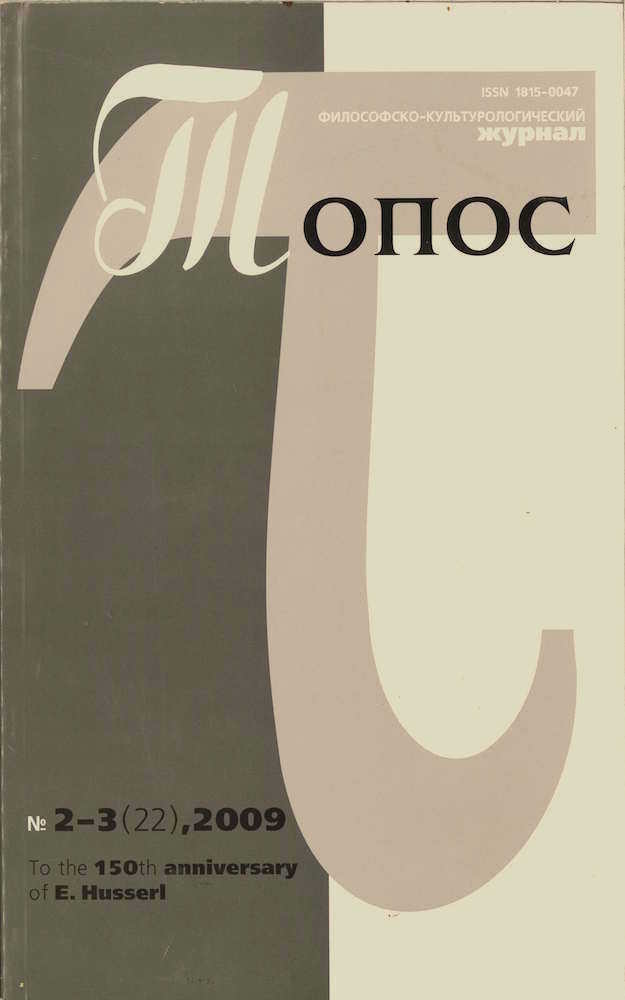Edmund Husserl’s Contribution to the Humanities: The Case of Translation Studies
Article
Abstract
[In English]
This article examines Edmund Husserl’s a particular contribution to the humanities in general and to translation studies in particular. The author argues that the influence exerted by Husserl on the human sciences should be considered in a combination with the Saussurean semiology which introduced the basic prolegomena for the phenomenon of translation, subsequently prompting its emergence as an independent discipline. Two positions on translation illustrate Husserl’s influence: Roman Jakobson’s structuralist model and Jacques Derrida’s deconstructive argument against that model. Derrida’s critique of structuralism is taken as the sign of advancement for translation theory, showing at the same time the persistent influence of Husserl’s phenomenology on the human sciences.
Downloads
This journal allows the author(s) to hold the copyright without restrictions. Topos Journal uses CC BY-NC-ND 4.0 license (license URL: http://creativecommons.org/licenses/by-nc-nd/4.0).



